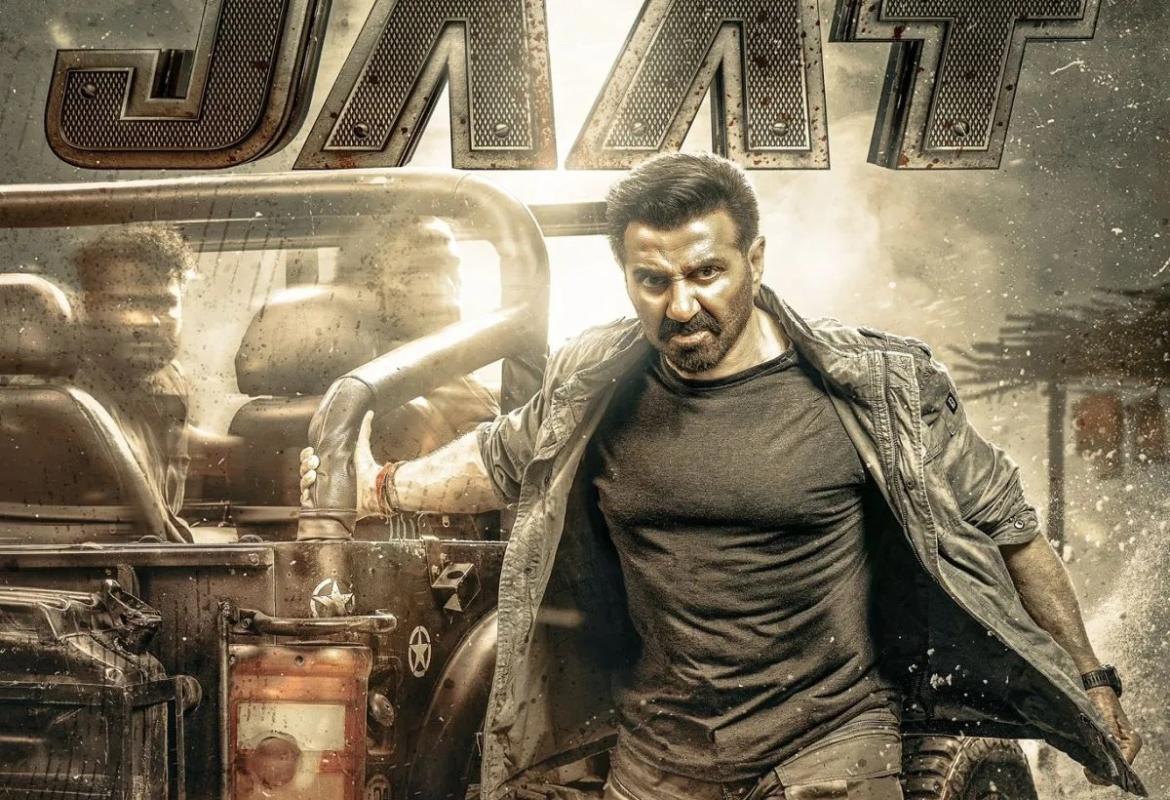Remembering Sri Lanka's Killing Fields'
Writing for Project Syndicate, former Australian foreign minister Gareth Evans has labelled Sri Lanka’s ‘savagery’ in 2009 as comparable to genocide in Rwanda and Darfur, and criticised the silence of international observers at the time.
Read the full article on Project Syndicate here.
Extracts reproduced below:
“The world has paid almost no attention to war crimes and crimes against humanity comparable in their savagery to any of these [- Cambodia, Rwanda, Bosnia and Darfur]: the killing fields of Sri Lanka in 2009.”
“The lack of outrage mainly reflects the Sri Lankan government’s success in embedding in the minds of policymakers and publics an alternative narrative that had extraordinary worldwide resonance in the aftermath of the terrorist attacks of September 11, 2001.”

